Joining Kerby for our Millennial Round Table show are co-hosts, conservative blogger, Allie Beth Stuckey and Denison Forum’s Nick Pitts. Together they will look at the top stories in the news and give you their point of view.
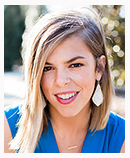
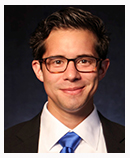
He came to the Denison Forum in 2014. He contributes to the Forum in the areas of geopolitics and popular culture, as well as serving as the editor of the Daily Briefing. He continues work on his doctorate and serves as an adjunct professor at DBU, teaching a master’s level course in the philosophy of leadership.
His Ph.D. research centers upon John F. Kennedy’s engagement of the religious community in the 1960 presidential campaign. He presented a paper on the topic at Calvin College’s 2015 symposium on religion and public life.
He is an editor at large for The Liberty Project, an online magazine, and his op-eds have been published by The Philadelphia Inquirer, Religion News Service and Townhall.com.
He received a bachelor’s degree in 2007 from Austin Peay State University in Clarksville, Tennessee, and a master’s degree in 2009 from Southwestern Baptist Theological Seminary in Fort Worth, Texas.


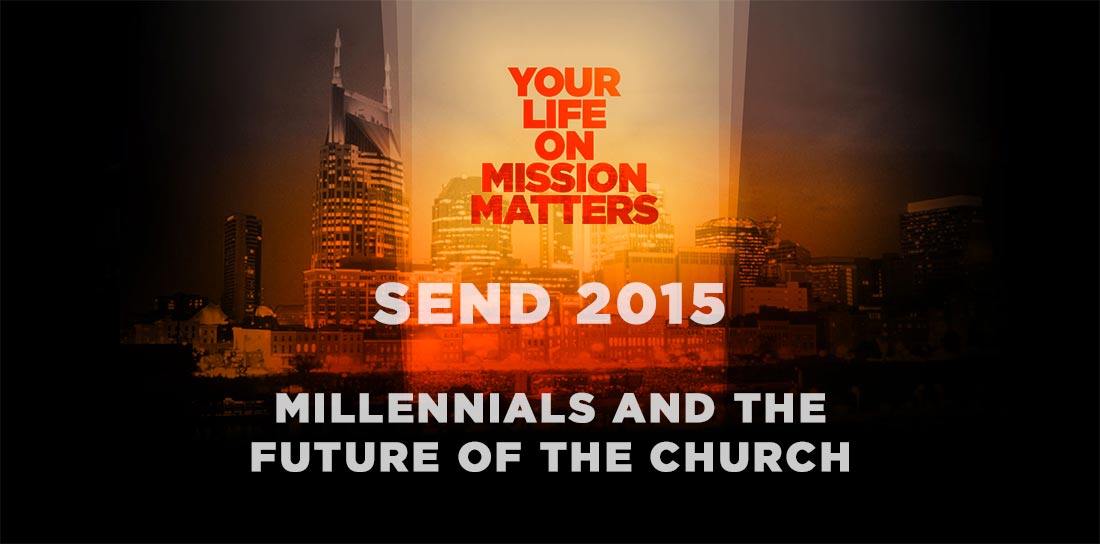

 Listen Online
Listen Online Watch Online
Watch Online Find a Station in Your Area
Find a Station in Your Area


 Watch Now
Watch Now Listen Now
Listen Now 
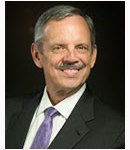
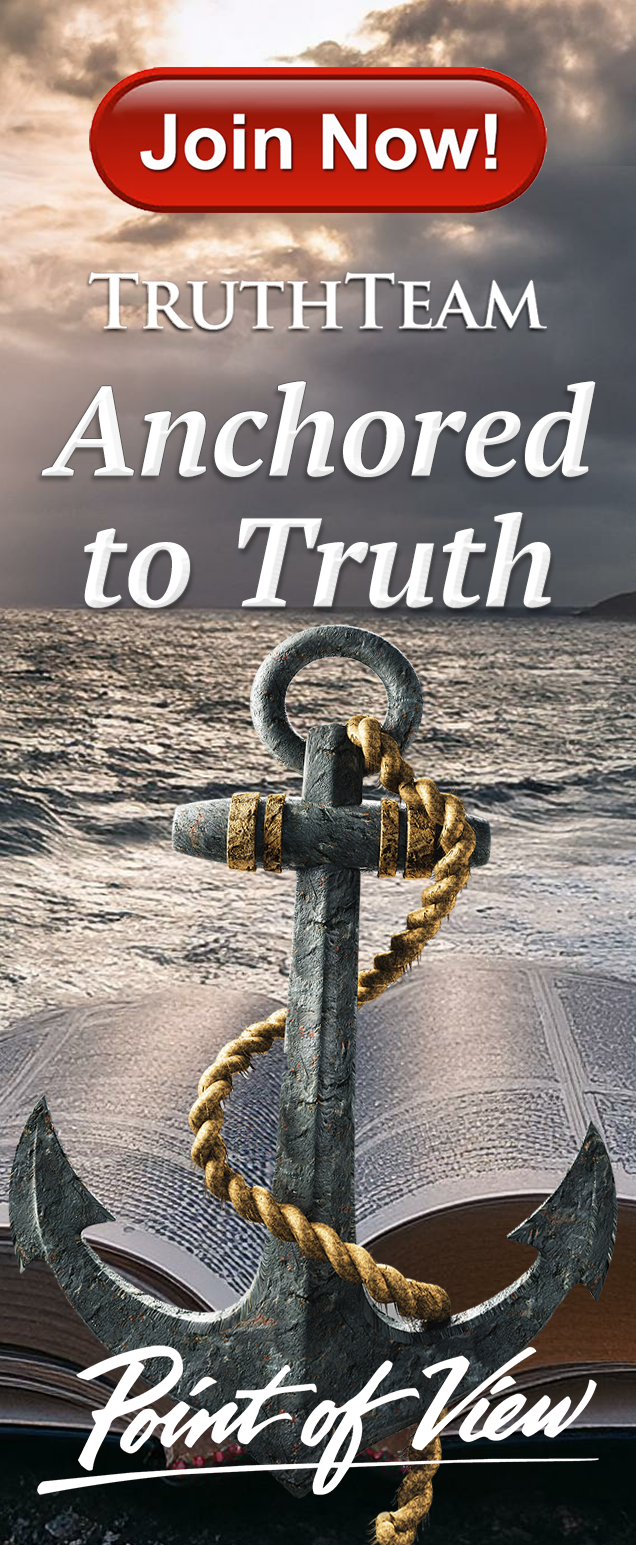





 Listen Now
Listen Now Watch Online
Watch Online
